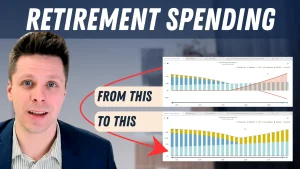[vc_row css=”.vc_custom_1612380408194{padding-top: 20px !important;padding-bottom: 20px !important;}”][vc_column][vc_column_text css=”.vc_custom_1621392818438{padding-top: 20px !important;padding-bottom: 20px !important;}”]
Should You Sell Your Home?
Can you believe how much Tom made selling his house down the street?
Chances are, you’ve likely been a part of a conversation such as this one over the last year. The Winnipeg housing market has been red hot, with homes going well above asking.
“We’ve seen a few homes go for as much as $100,000 over asking,” said Norm Daumler, Realtor with Coldwell Banker.
“We’re expecting it to continue being a seller’s market with buyers looking to lock-in mortgages before rates start rising again.”
Another factor affecting home prices is the cost of lumber.
“The cost to build a home has skyrocketed with the increase in the price of lumber. People who have pivoted to buying an existing property are keeping market pricing strong.” Daumler said.
In the last year, we’ve seen the average price of Winnipeg Single-Family Detached Homes rise by 17.5% to $384,773.[1]
Is it a good time to sell?
If we look at the housing market like any other investment, your timeline is the most important factor to consider. If you planned on staying in your home for the next ten years, I wouldn’t look to sell today with the hopes of cashing in at market highs.
After all, you need a place to live, and if prices keep rising, you’ll be wishing you hadn’t sold.
Having said that, if you are retired and had plans to downsize in the next couple of years, now may be a good time to sell.
Renting
Most retirees who are downsizing tend to go down one of two paths. They either buy a condo or start renting.
Today we’ll focus on renting.
The two most important aspects of renting are location and cost. Once you know where you want to live, how much will it actually cost? Prices can vary significantly if you are comparing an apartment to a condo or a small home.
Once you have a good idea of your rental costs, you’ll need to determine the value of your home. What have comparable properties sold for in your neighbourhood?
To keep things simple, let’s say you can sell your property for $500,000.
It would be nice if the house proceeds could be deposited directly into your bank account, but there will be expenses to factor in, such as realtor fees, legal, land transfer tax, staging, and moving.
“You can expect these expenses to add up to 6-10% of the property value upon selling,” said Daumler.
If these costs are 10%, you can expect to have $450,000 after selling your $500,000 property.
The cost of renting
How much does it cost to live in your home?
Let’s assume you’re mortgage-free, and it cost $1,200 per month to live in your home after factoring in property taxes, maintenance, and other housing expenses.
We’ll also assume that renting would cost $2,000 per month.
The extra $800 per month to rent can be paid for by the proceeds ($450,000) of the home sale.
Here’s how that would play out over the next 25 years, assuming the house proceeds are growing at a rate of 5% and the extra cost to rent increased by 2.5% yearly.
[/vc_column_text][dt_fancy_image image_id=”5906″ width=”750″ css=”.vc_custom_1621352491206{padding-top: 20px !important;padding-bottom: 20px !important;}”][vc_column_text css=”.vc_custom_1621392795968{padding-top: 20px !important;padding-bottom: 20px !important;}”]
*graph source: Adam Henry
As we can see from the example above, the house proceeds would continue to increase as they are growing at a higher rate than the extra cost to rent.
Downside
When renting, you no longer have 100% control over your living arrangement. You have to deal with a landlord and their rules.
The cost to rent will continue rising, and if amenities are not kept up to date, you may feel the need to move again.
Should you sell your home?
I can make the argument that it’s a great time to sell, and I can also make the argument that you shouldn’t sell.
Everyone’s financial situation is different and must be taken into consideration before making such an important decision as this one.
Have questions about your financial situation?
Get in touch with Marc below
Get in touch with Norm Daumler at norm@daumler.com or at (204) 227-1398
[/vc_column_text][/vc_column][/vc_row]






